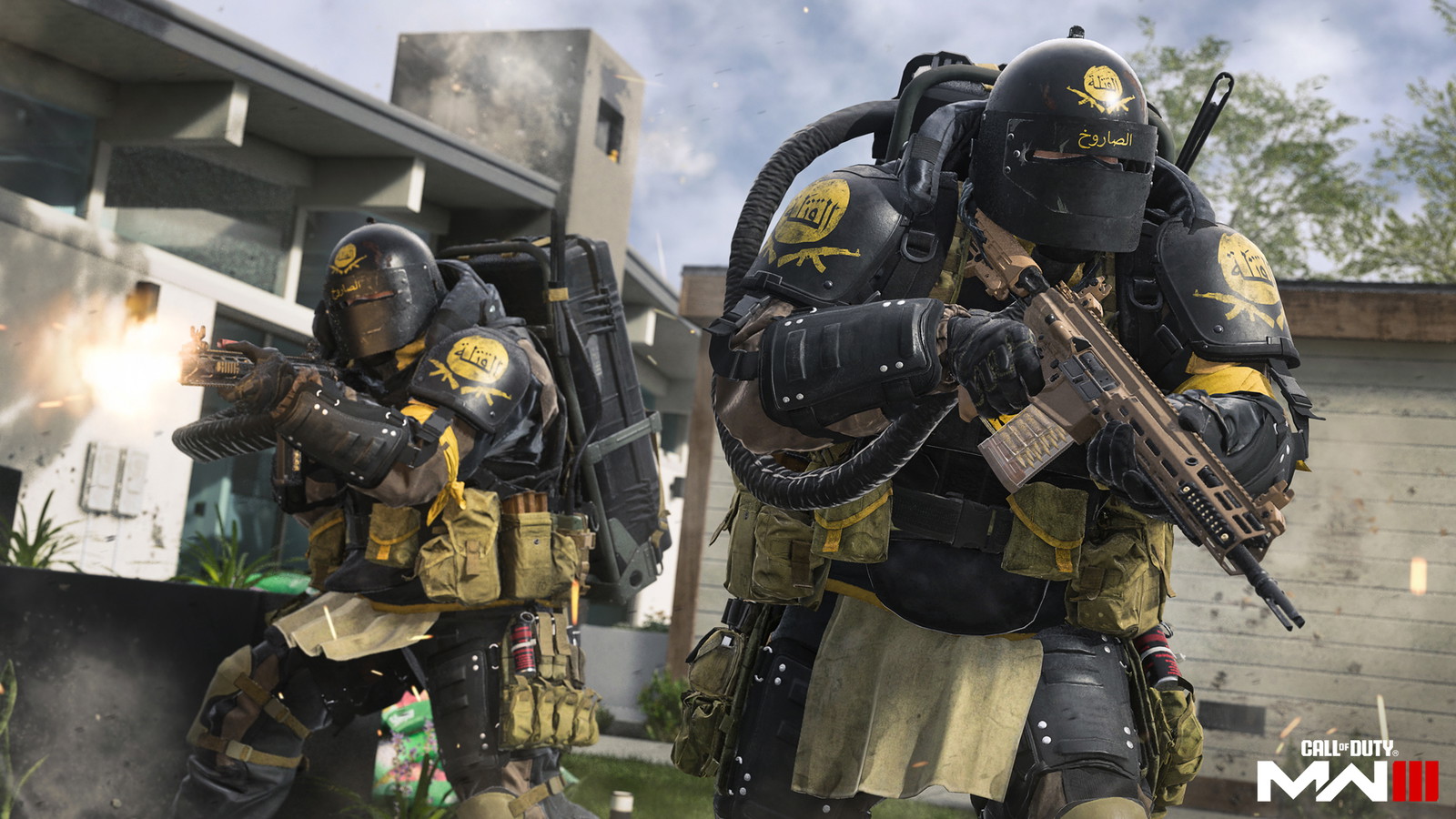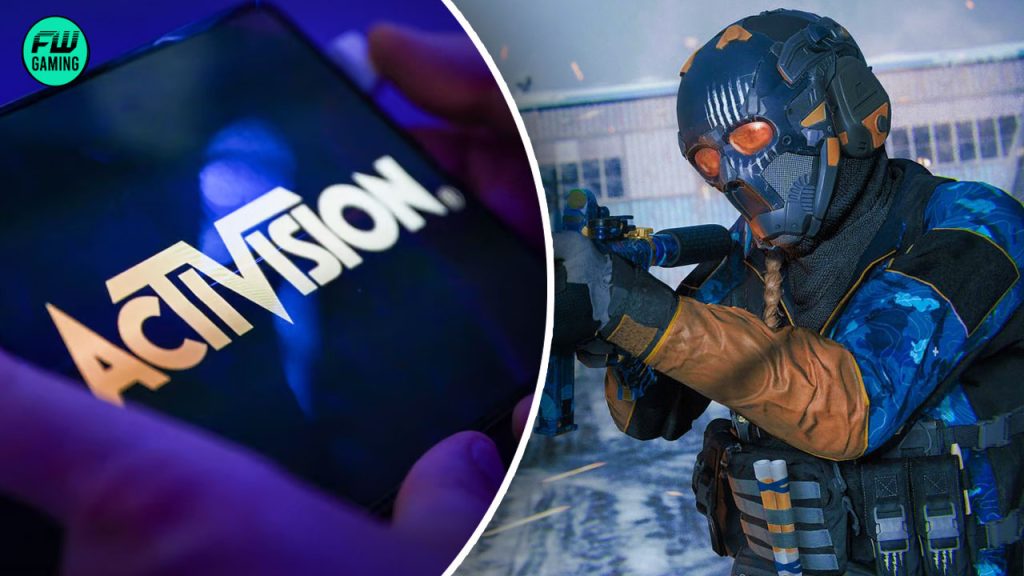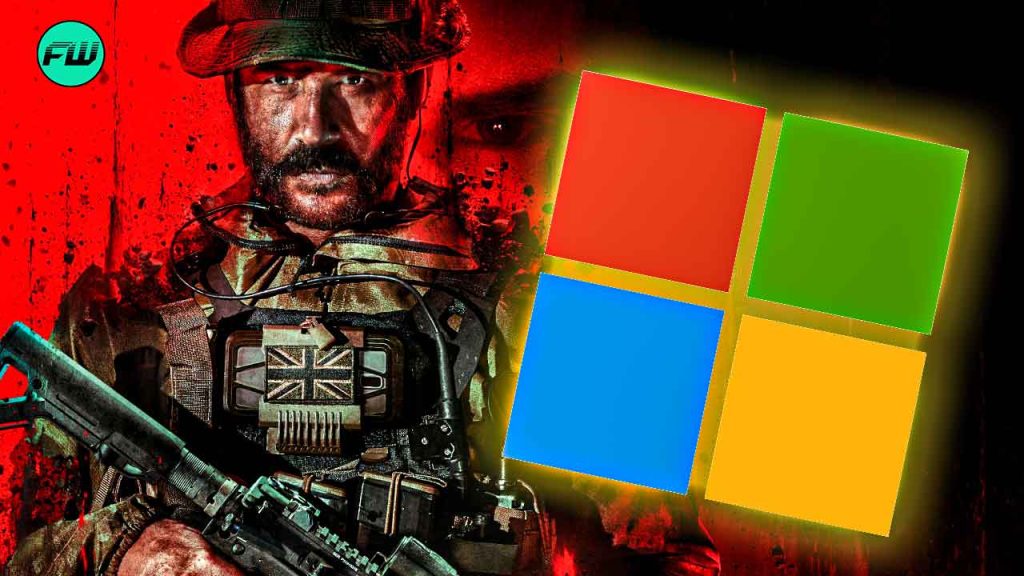Activision Blizzard is a company that’s no stranger to controversies. Whether it’s workplace conditions or price-gouging in live-service games, the massive publisher doesn’t have the friendliest reputation among gamers and the industry at large.
However, two prominent figures in the Call of Duty esports community, Hector ‘H3CZ’ Rodriguez and Seth ‘Scump’ Abner, have had enough and filed an antitrust lawsuit against Activision Blizzard on 15 February. The lawsuit, filed in Los Angeles federal court, accuses the publisher of leveraging its dominance to stifle competition and exert unchecked control over professional leagues and tournaments.
Post not found
A Closer Look At The Allegations

Since its debut in 2003, Call of Duty has become a juggernaut in the gaming industry, generating billions of dollars in revenue for Activision. However, the lawsuit contends that the gaming giant has been engaging in “monopolistic, trade-restraining and anticompetitive” activities within the Call of Duty esports scene, which have caused massive monetary loss to Rodriguez and his business ventures.
It further alleges that with 2016’s Major League Gaming (MLG) acquisition, Activision Blizzard “cemented a complete monopoly over the professional Call of Duty market by refusing to grant CoD licenses to organizers and operators of other commercial CoD competitions.” This removal of a competitor meant they had unfair control over the esports sector.
The lawsuit explains that teams that wanted to participate in the Call of Duty League (CDL) had to pay the exorbitant entry fees set by Activision, since they had no other options to compete professionally in Call of Duty and were essentially locked into playing under their rules.
There are also claims of Activision imposing “draconian” contracts on teams and players participating in the CDL, limiting their ability to compete in other tournaments or negotiate streaming rights. Speaking of which, the publisher’s decision to grant exclusive streaming rights for the CDL to YouTube is also brought into the spotlight, arguing that a broader reach across multiple platforms could have been more beneficial for both players and teams.
However, one of the most notable segments of the lawsuit details how Rodriguez, facing difficulties in becoming the sole owner of his team OpTic Gaming within the CDL, was allegedly pressured by Activision to merge with another organization, Envy. This move, according to the lawsuit, significantly reduced Rodriguez’s ownership stake in OpTic, which is where the claims of monetary loss originate.
Activision’s Rebuttal And Possible Implications

Activision vehemently denies the accusations, maintaining that they will “strongly defend against these claims, which have no basis in fact or in law.” The company further clarifies that they had previously rejected a pre-lawsuit demand from the plaintiffs seeking a substantial financial settlement.
This class-action lawsuit adds another layer of complexity to the ongoing scrutiny surrounding ABK’s $69 billion merger with Microsoft, currently under review by the U.S. Federal Trade Commission. The timing raises concerns about potential anticompetitive practices within the gaming industry.
Titled “Hector Rodriguez, Seth Abner and HECZ LLC v. Activision Blizzard Inc,” the lawsuit seeks over $680 million in damages. It remains to be seen whether other team owners will join the legal challenge, and how the publisher will attempt to clear its name. This lawsuit undoubtedly serves as a significant development in the ongoing conversation surrounding fair competition and player rights within the rapidly evolving world of esports.




